In the bustling city of Gothenburg, Sweden, the streets are witnessing a revolution in transportation, courtesy of Volvo Trucks’ unwavering commitment to sustainability. At the forefront of this movement are their cutting-edge initiatives, already making waves both locally and globally.
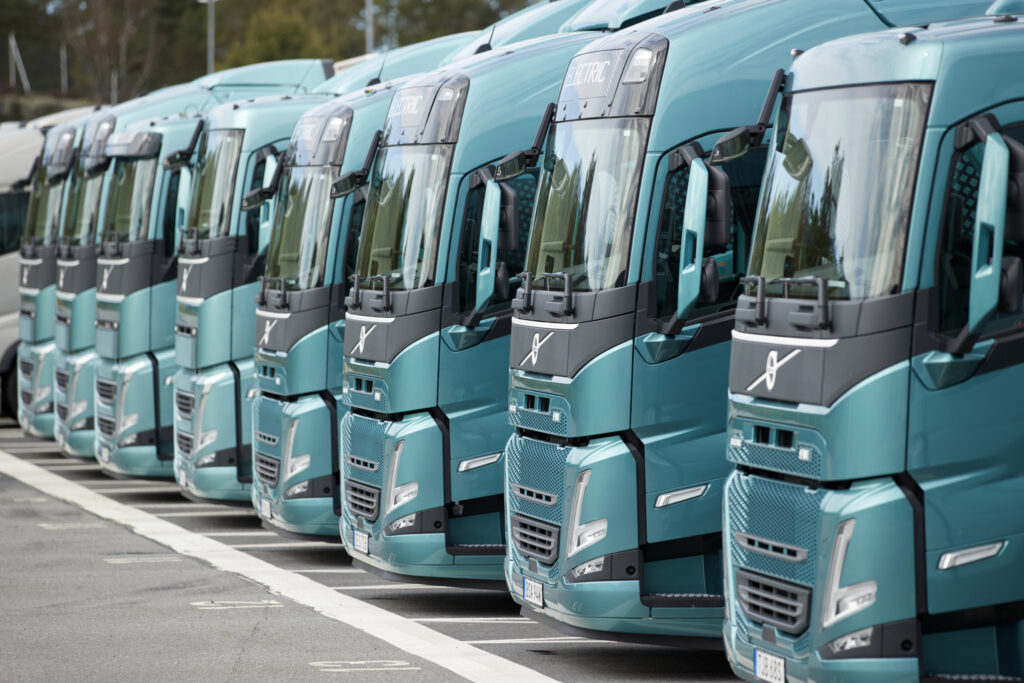
One need only visit the Volvo Trucks Demonstration Center to witness the future in action. Here, the track is lined with an impressive array of battery-electric FM and FH models, showcasing Volvo’s dedication to emission-free technology. But that’s not all – at the Hallered Proving Grounds, a prototype fuel-cell-electric FH emits nothing but water vapor, signaling a promising shift towards alternative fuel sources.
The FH parked next to it is powered by liquefied natural gas (LNG), highlighting Volvo’s versatile approach to sustainable solutions. This commitment transcends mere emissions reduction; it extends to the very core of Volvo’s ethos – circularity. Environment and innovation director Lars Martensson underscores this, emphasizing Volvo’s holistic approach to sustainability.
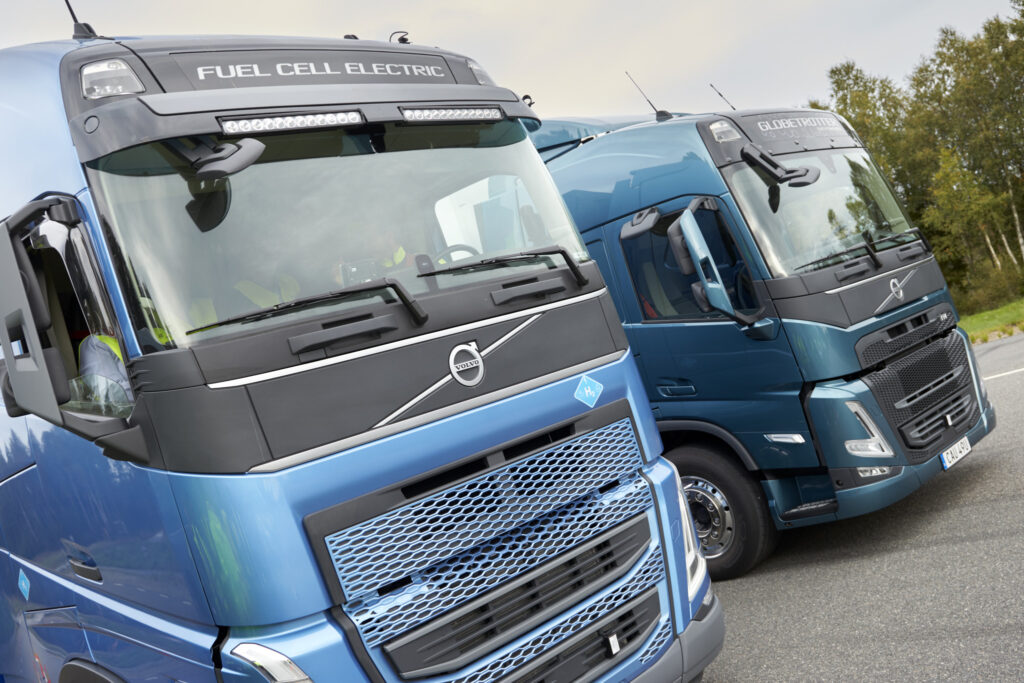
For Volvo, sustainability is not just about combating climate change; it’s about reimagining the entire lifecycle of their trucks. Martensson emphasizes that trucks reaching the end of their service life are not seen as waste but as opportunities for reuse, remanufacture, and repurposing.
But Volvo’s ambitions don’t stop there. They’re redefining the materials used in truck production, prioritizing renewable and recycled resources. Martensson’s vision encompasses a future where every aspect of production, from materials sourcing to energy consumption, aligns with sustainability goals.
Crucially, Volvo recognizes the finite nature of resources and the urgent need for circular solutions. With Earth Overshoot Day looming earlier each year, Volvo’s circular approach is a beacon of hope in a resource-constrained world.
Regulatory pressures further underscore Volvo’s commitment. From proposed End-of-Life Vehicles regulations to ambitious targets for recycled content, Volvo is at the vanguard of regulatory compliance and, indeed, surpassing expectations.
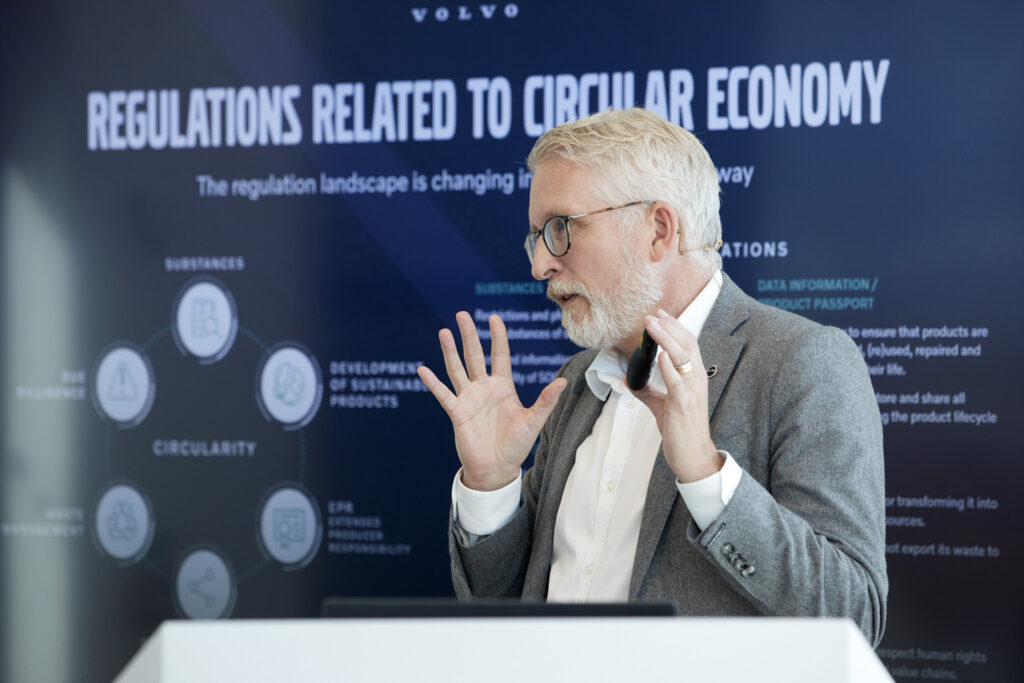
But Volvo’s sustainability journey begins long before trucks hit the road. Martensson highlights the importance of sustainable materials and energy sources in production, setting a precedent for the industry.
Innovations like steel produced with fossil-free electricity and hydrogen exemplify Volvo’s dedication to sustainable manufacturing practices. Martensson emphasizes the need for collaboration across the supply chain, heralding a new era of partnership and innovation.
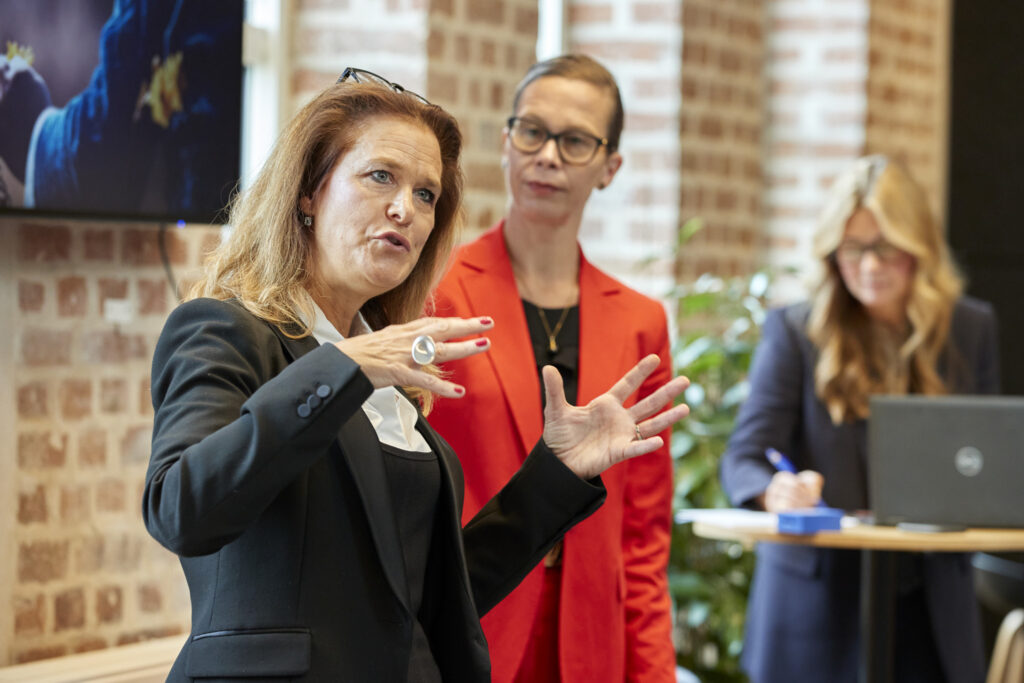
But perhaps most impressive is Volvo’s approach to battery-electric vehicles. Recognizing the challenges of battery disposal, Volvo envisions a future where batteries are refurbished, repurposed, and recycled, maximizing their lifespan and minimizing environmental impact.
Elisabeth Larsson, senior vice-president of sales and service at Volvo Energy, envisions a future where batteries power not just trucks but entire ecosystems, from data centers to construction sites.
r.
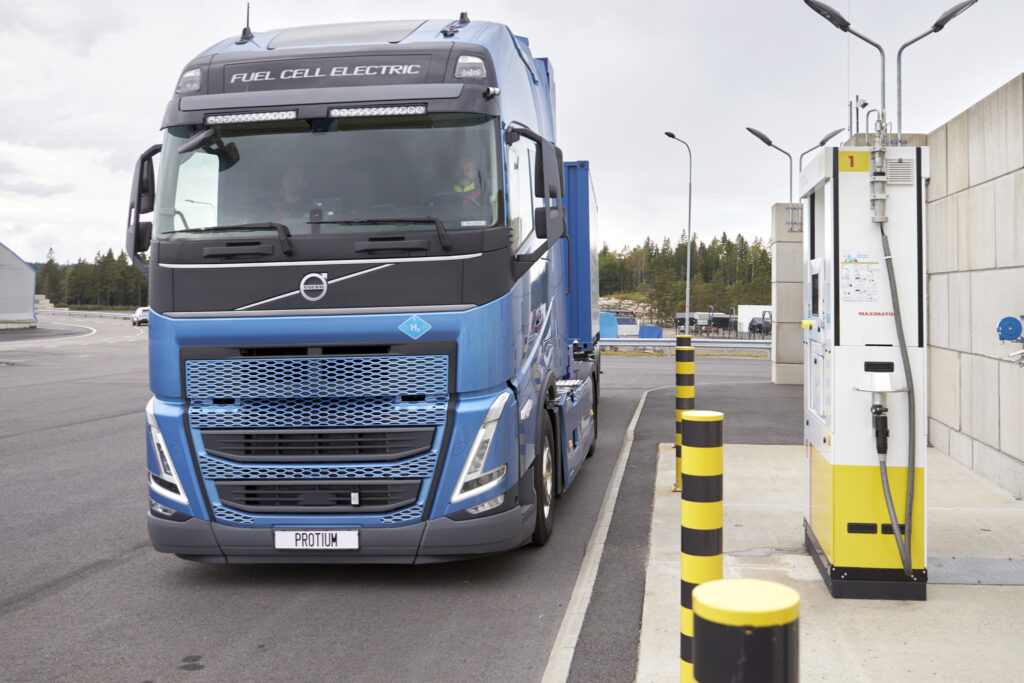
Volvo’s commitment to repair, remanufacture, and regional recycling sets a new standard for sustainability in the automotive industry. As Volvo charts the course towards a greener future, one thing is clear: this is not just a corporate initiative; it’s a paradigm shift in transportation.
Peter Granqvist, senior vice-president of electromobility, sums it up succinctly: “It’s not a paper product. It’s real.” With Volvo Trucks leading the charge, the future of sustainable transport is brighter than eve





















![A Conversation with Dave Heller About TCA’s Call on Washington [Video] A Conversation with Dave Heller About TCA’s Call on Washington [Video]](https://smartnewshub.com/wp-content/uploads/2024/11/11909-a-conversation-with-dave-heller-about-tcas-call-on-washington-video-360x180.jpg)
![New Company Uses AI to Train Autonomous Trucks [Video] New Company Uses AI to Train Autonomous Trucks [Video]](https://smartnewshub.com/wp-content/uploads/2024/10/11886-new-company-uses-ai-to-train-autonomous-trucks-video-360x180.jpg)






















